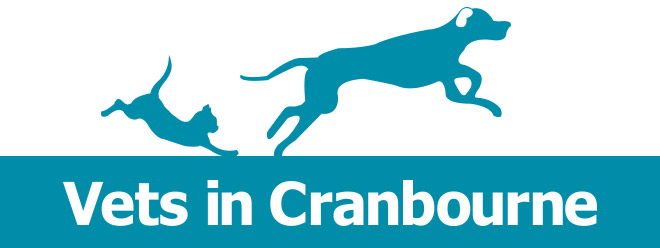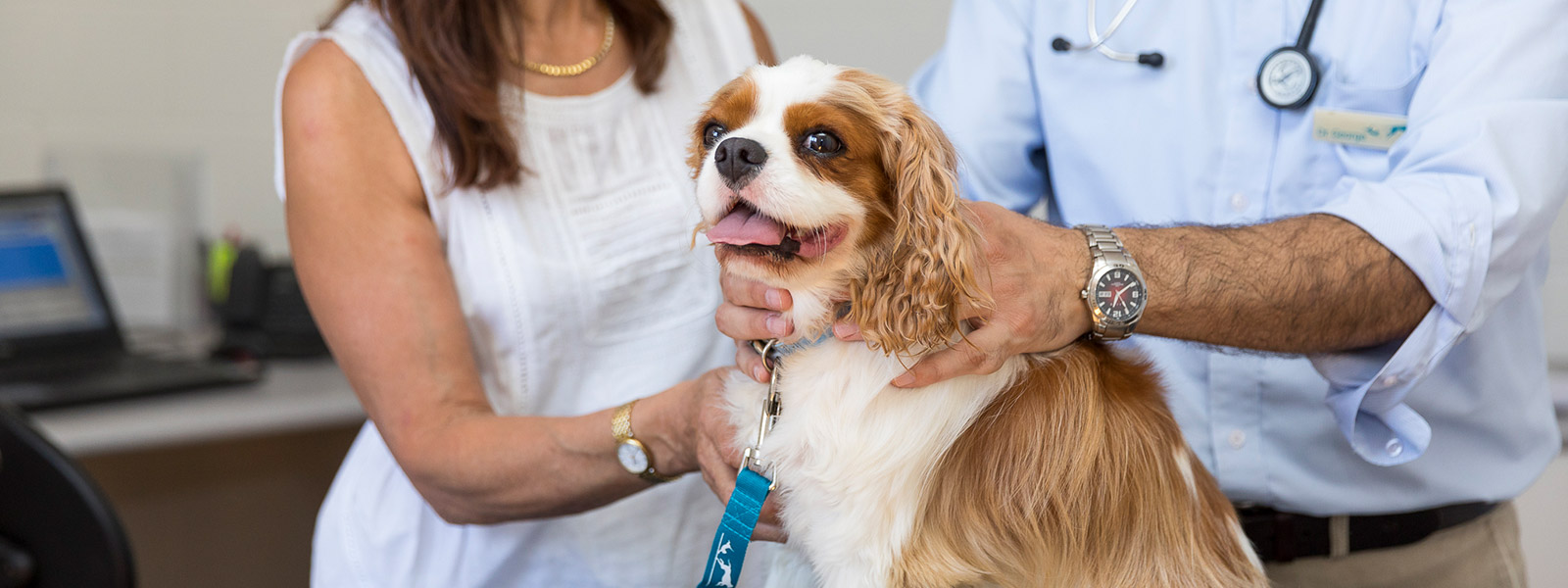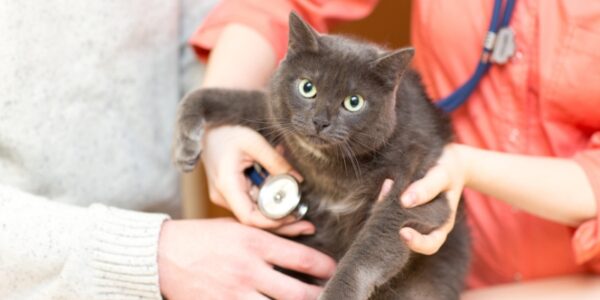Desexing Services at Vets in Cranbourne
Desexing is essential in maintaining your pet’s health and managing the pet population. At Vets in Cranbourne, we provide expert veterinary desexing services tailored to your pet’s needs, ensuring a safe and compassionate experience.
Whether your pet is a dog, cat, or small animal, our team of experienced veterinarians is committed to delivering the highest standard of care throughout the entire process.
Understanding Desexing
Desexing, also referred to as spaying or neutering, is a surgical procedure to remove the reproductive organs. For male animals, neutering involves the removal of the testicles, while for females, spaying consists of removing the ovaries and uterus. The procedure is performed under general anaesthesia, ensuring it is safe and effective for your pet.
Dog & Puppy DesexingCat & Kitten Desexing
How Desexing is Beneficial
Desexing offers numerous benefits for your pet’s overall health and behaviour, including:
- Prevention of Unplanned Litters: Help control the pet population and avoid the challenges of unwanted puppies or kittens.
- Healthier Life: Reduces the risk of severe health conditions such as uterine, ovarian, and testicular cancers, as well as infections like pyometra.
- Behavioural Improvements: Minimises aggressive behaviour, reduces the desire to roam, and decreases urine marking, especially in male pets.
- Enhanced Lifespan: Desexed pets often enjoy a longer, healthier life with fewer behavioural issues and reproductive-related health problems.
Best Age for Desexing
The ideal age to desex your pet can vary depending on breed, size, and individual health factors. Our expert team at Vets in Cranbourne can recommend the best timing based on your pet’s unique needs.
What to Expect During the Desexing Process
At Vets in Cranbourne, we make every effort to ensure your pet’s desexing experience is as comfortable as possible. Our process includes:
- Pre-Operative Assessment: A thorough health check to confirm your pet is fit for surgery and an overview of what to expect before the procedure. We also offer an optional preoperative blood test.
- Surgical Procedure: On the day of surgery, your pet will be placed under general anaesthesia. Our experienced veterinary team will perform the procedure safely and efficiently.
- Post-Operative Care: After surgery, your pet will be closely monitored during recovery, and you’ll receive detailed aftercare instructions. Follow-up appointments will be scheduled for 3-5 days and 10-14 days post-surgery.
Recovery After Desexing
Post-surgery, pets typically recover quickly with the right care. This includes:
- Incision Care: Regularly checking the surgical site to ensure it remains clean and free from infection.
- Pain Relief: Administering any prescribed pain relief to keep your pet comfortable during their recovery period.
- Activity Restriction: Limiting physical activity for the first few days to avoid putting stress on the incision.
Why Choose Vets in Cranbourne for Desexing?
At Vets in Cranbourne, our compassionate team of veterinarians and nurses are highly skilled in performing desexing procedures. We prioritise your pet’s comfort and well-being, using the latest techniques and equipment to ensure a smooth and safe experience. From the moment you book your appointment to post-operative care, we’re committed to supporting you and your pet every step of the way.




